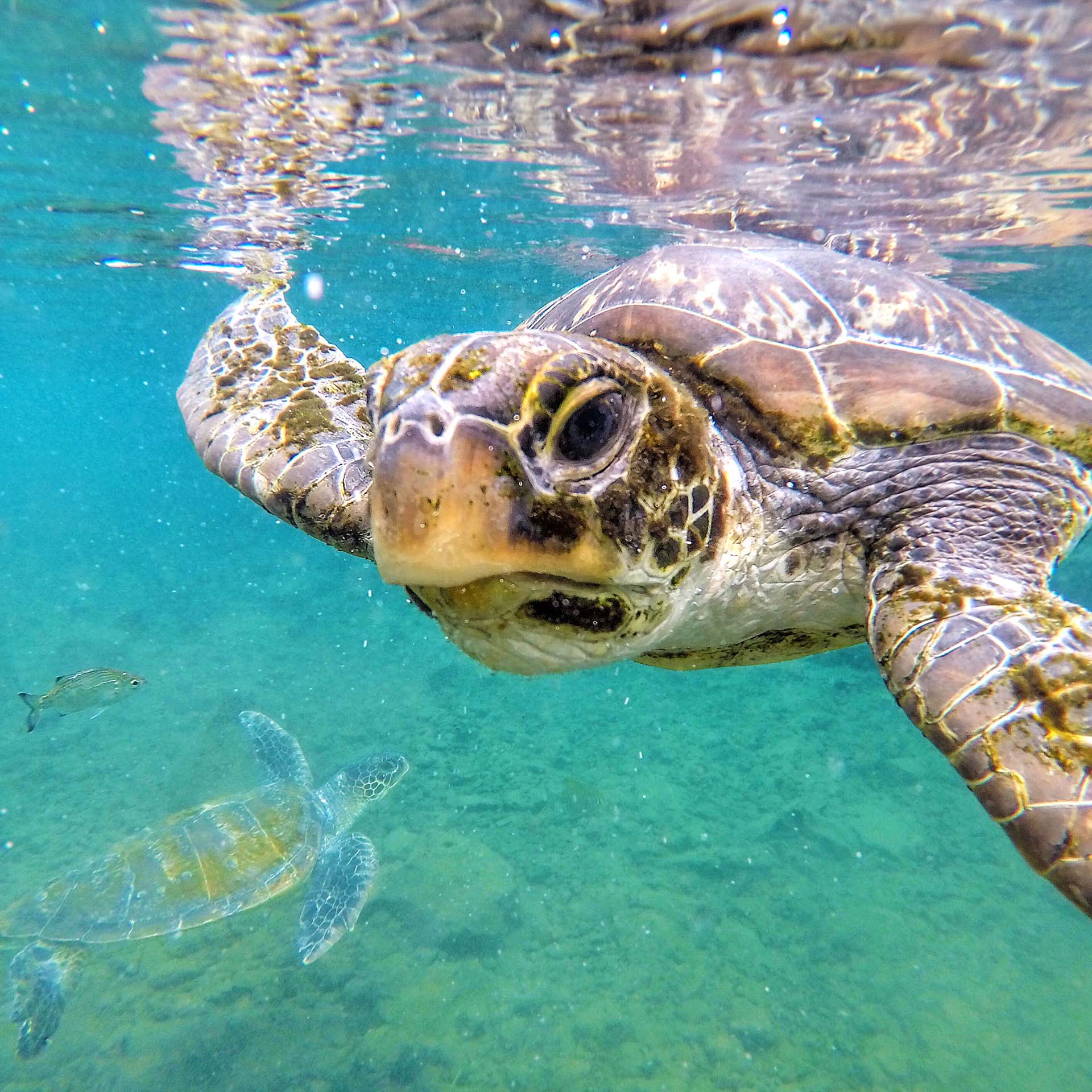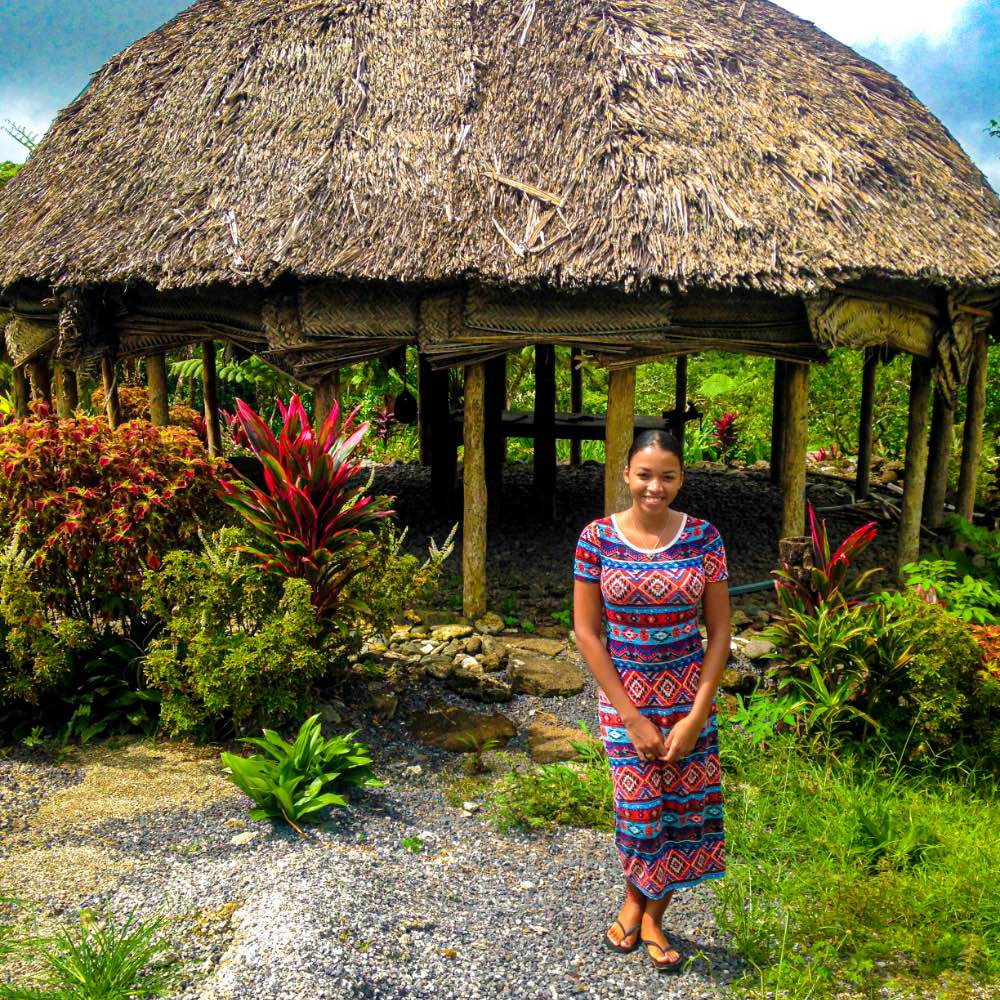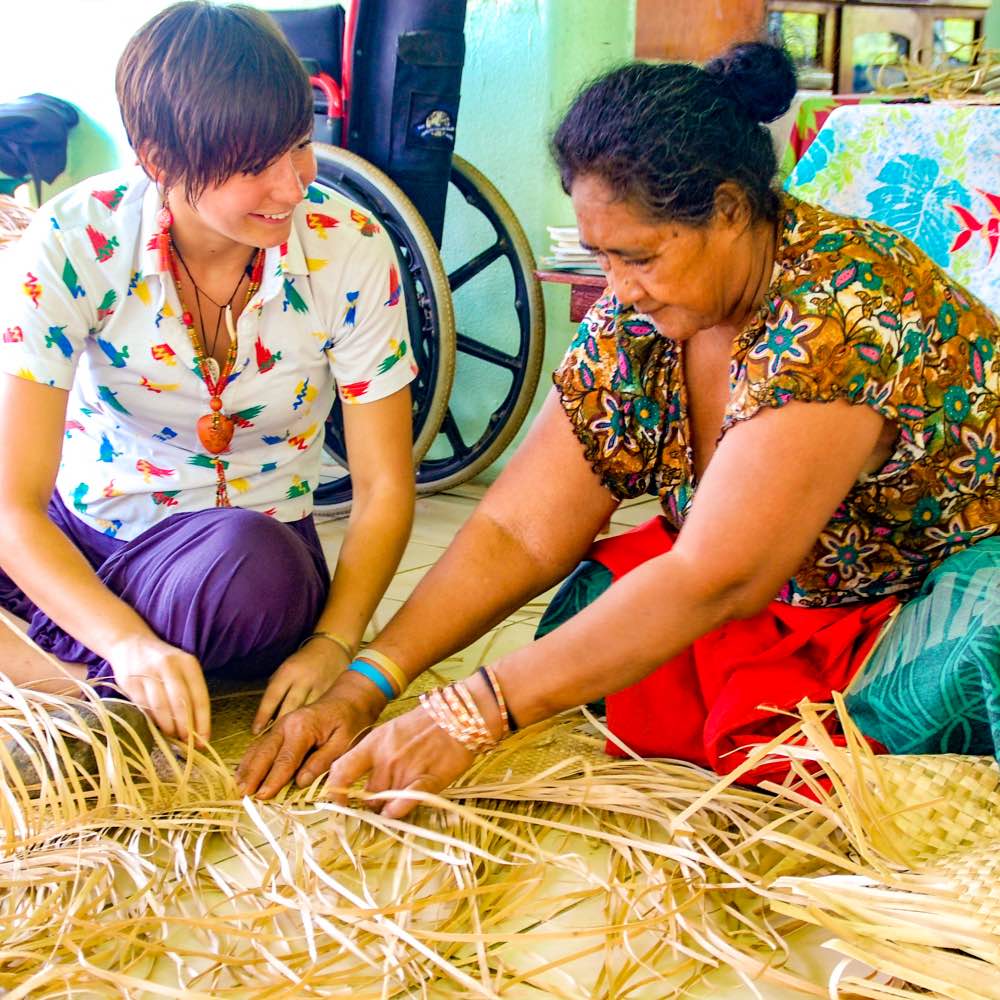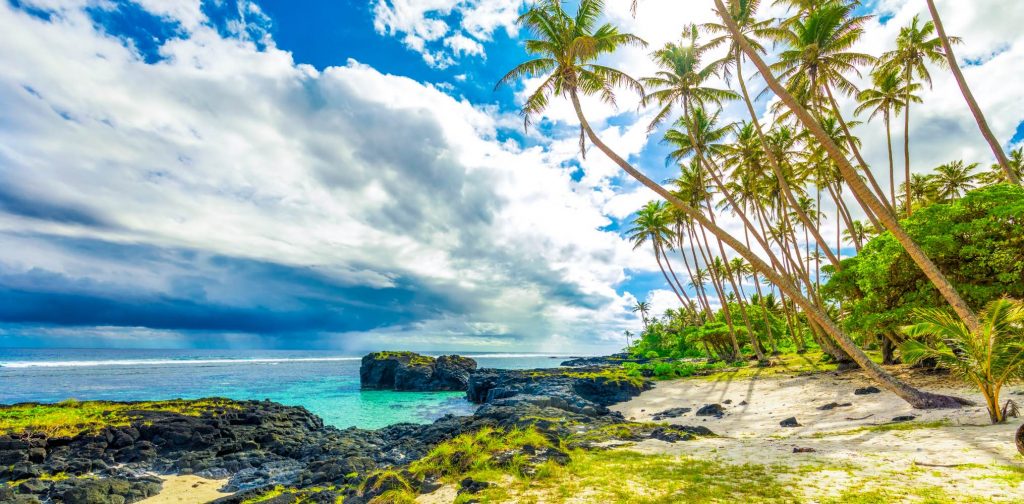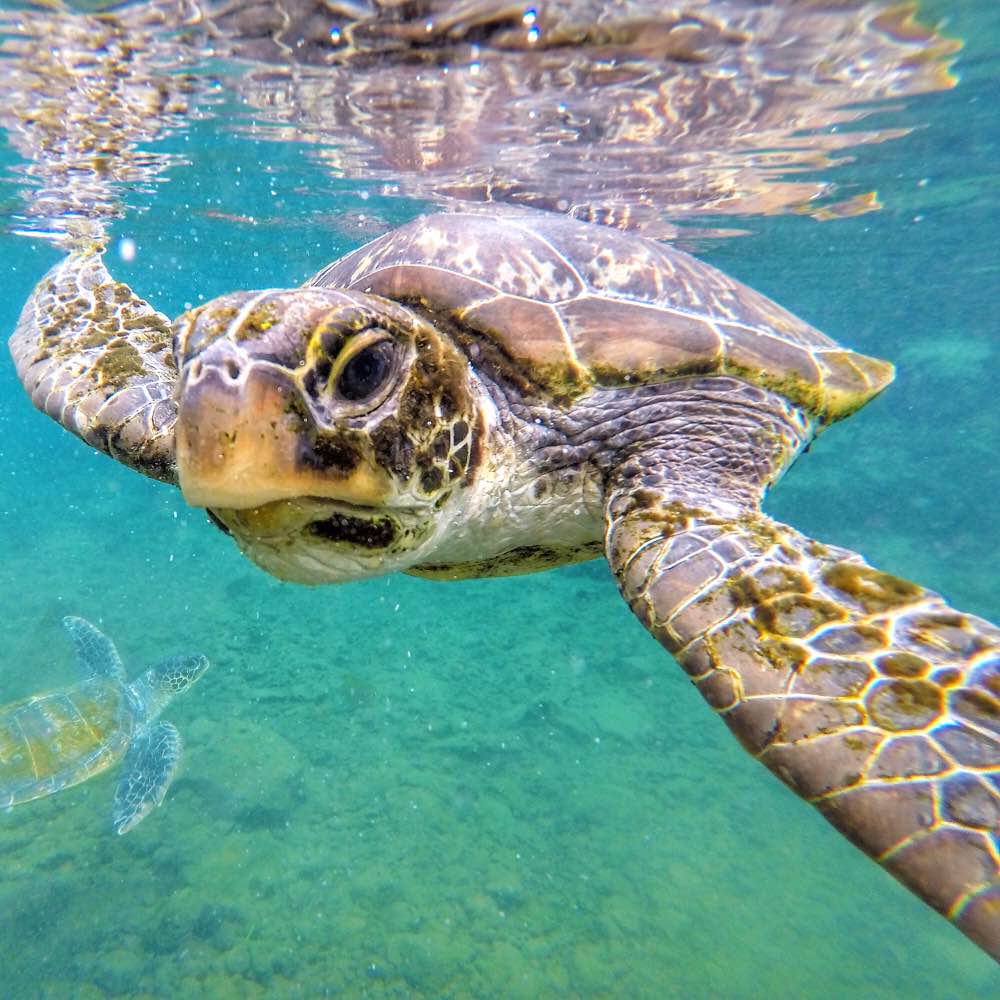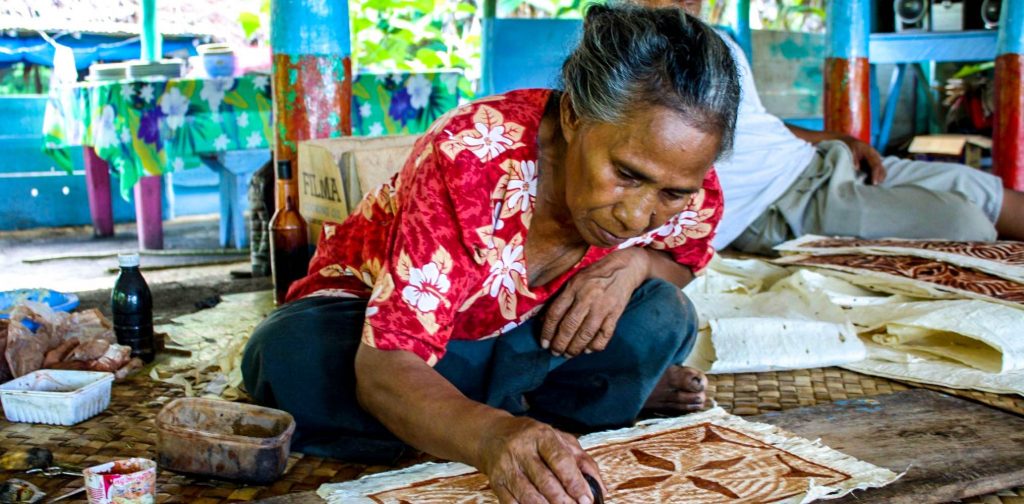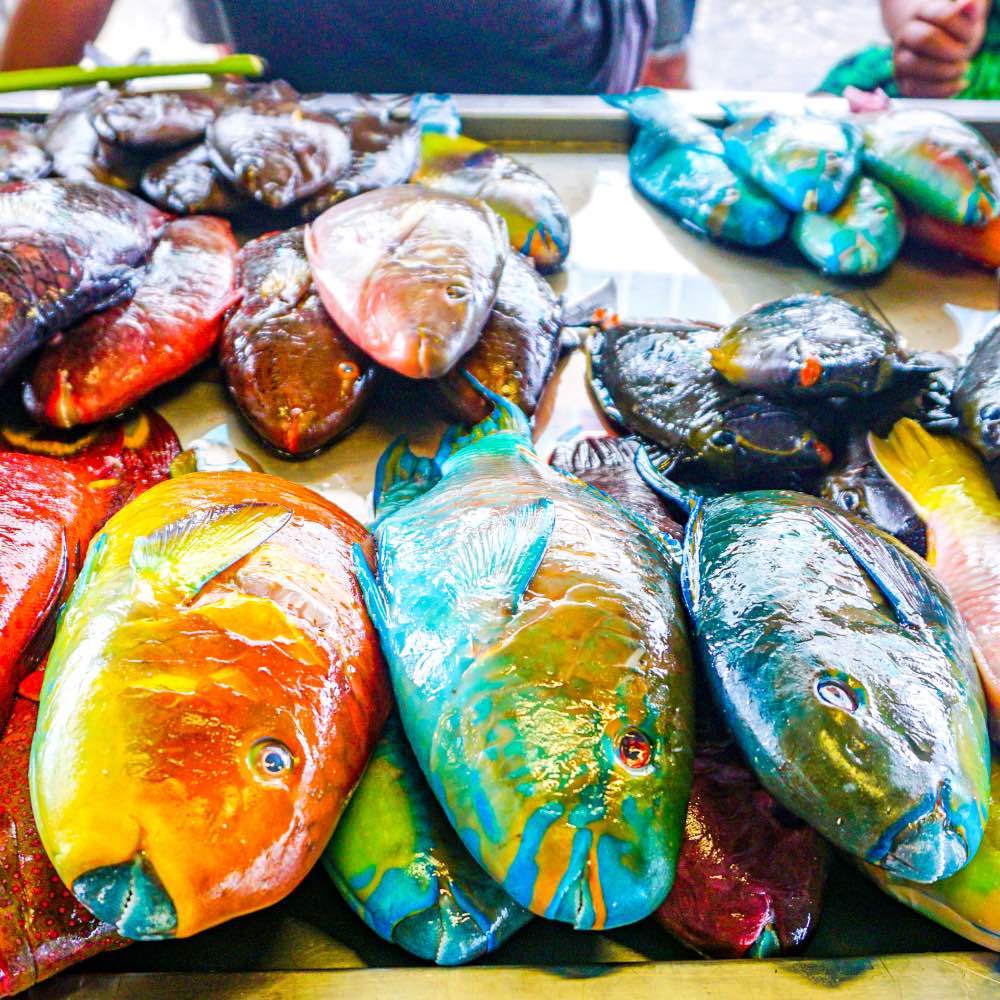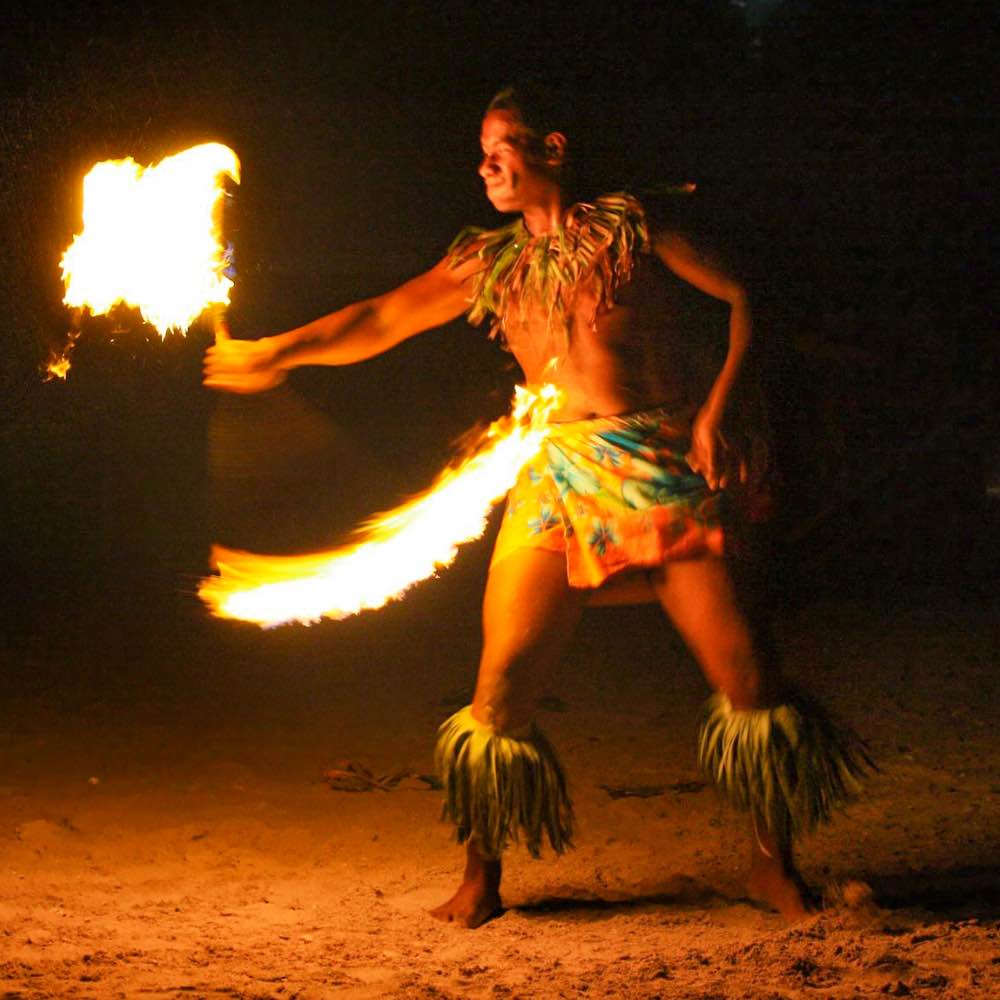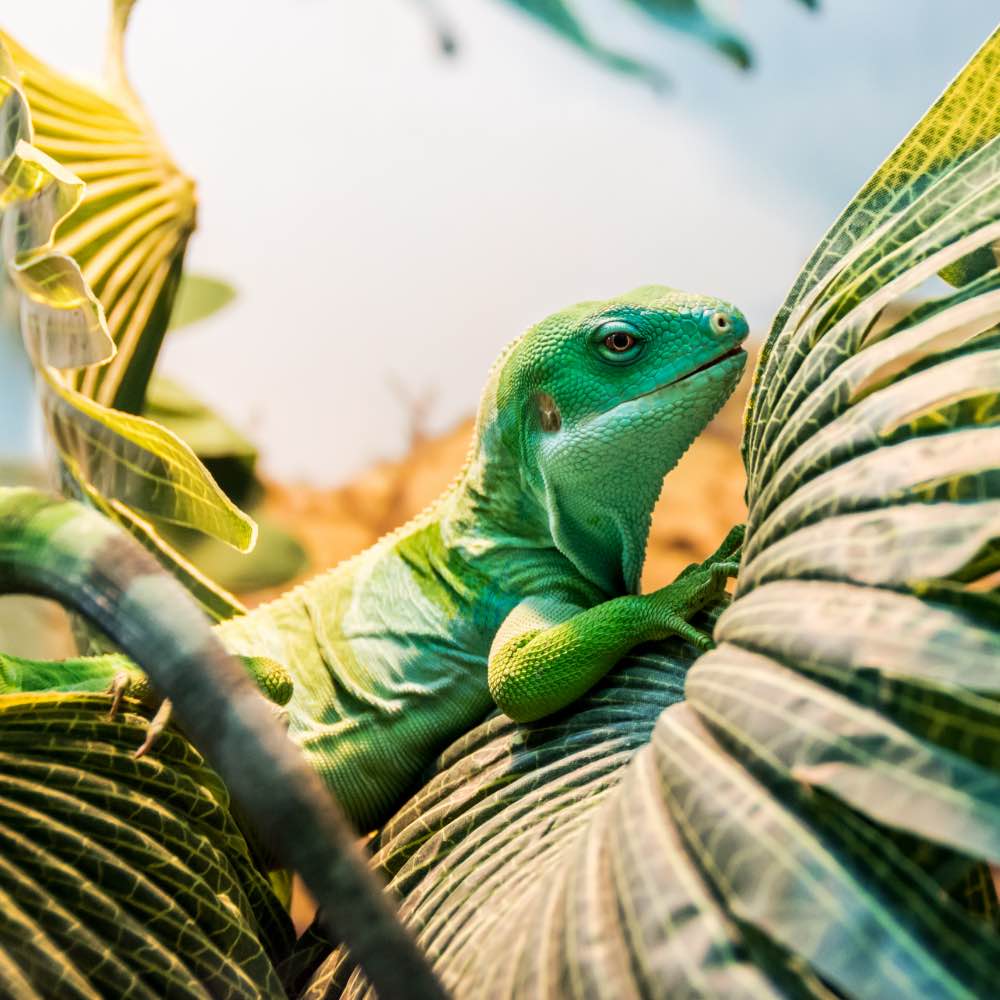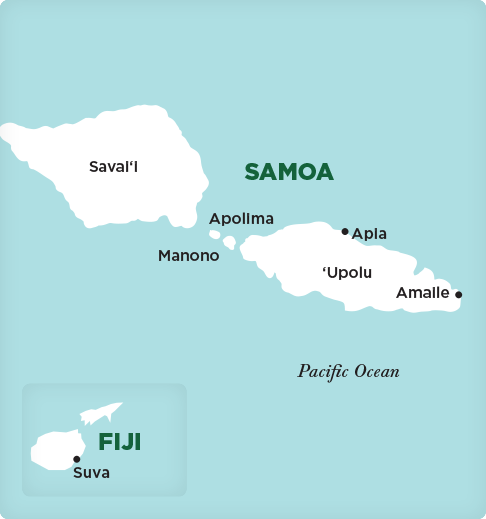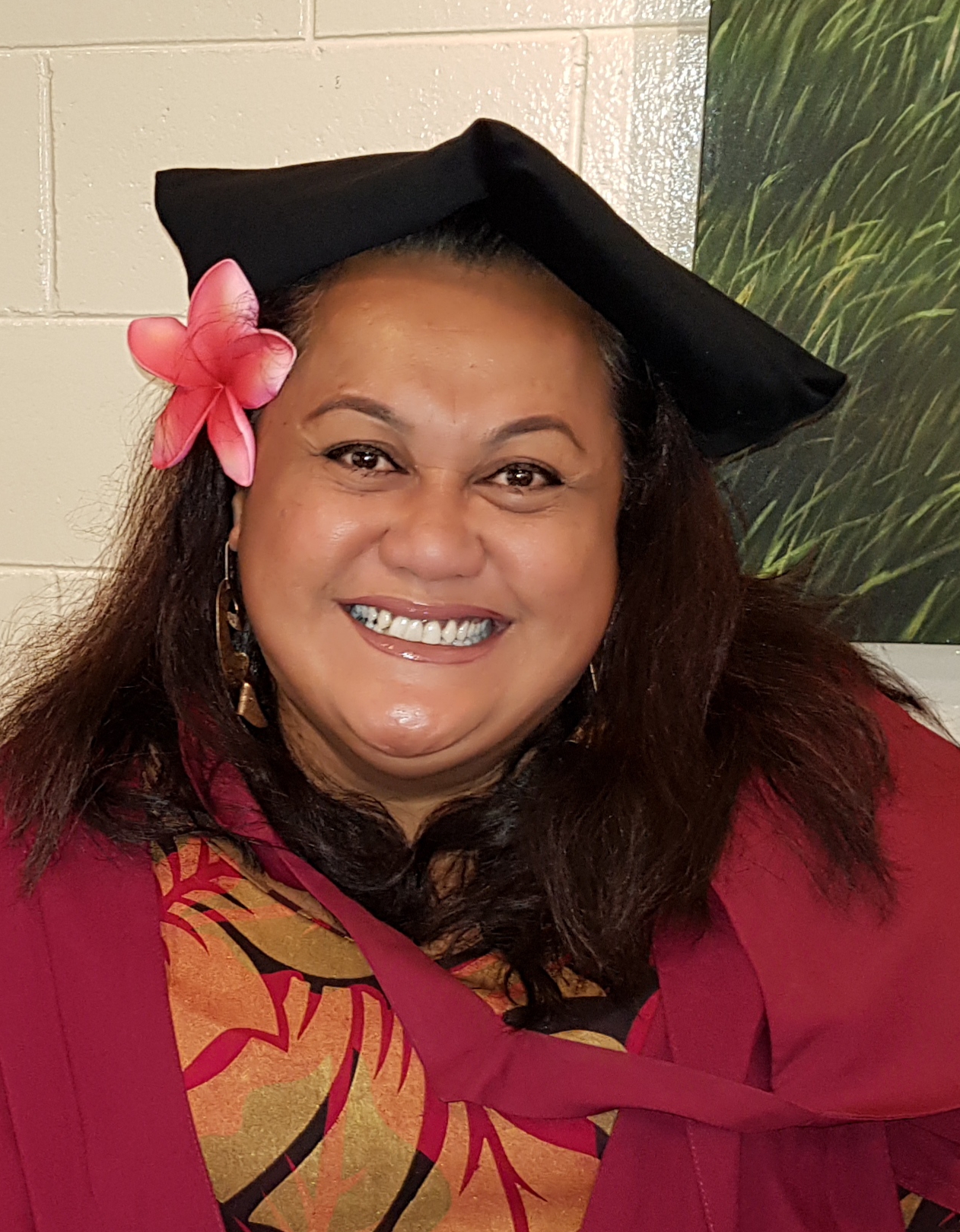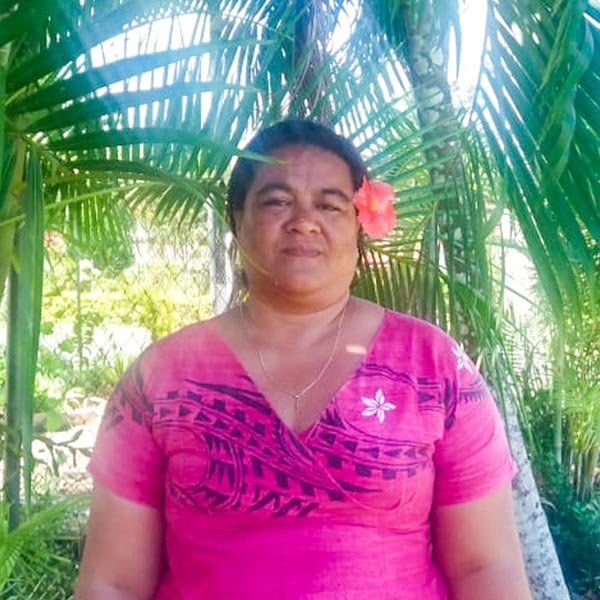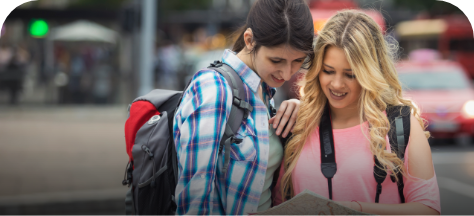Here’s what alumni are saying about this program:
The first two months of coursework offer breadth and introduce you to new mindsets, with speakers who come from various, and usually very prestigious, backgrounds. Samoa is small, and it is not unusual to find yourself in the company of prominent UN officials, university directors, or the head of state.
Emily Gove, University of Richmond
Samoa is truly a life changing experience. It challenges you in ways that you never knew you could be challenged, and exposes you to experiences that you would never otherwise be exposed to. I would definitely recommend this program to anyone looking for an unconventional study abroad experience! Thanks!
Margret Doemland, St. Michael’s College
I learned more about life, culture, problem solving and human interaction in four months in Samoa than I did in my previous four years at college.
Joe Casale, Commander in the United States Navy in Hawaii, BS in Chemical Engineering from Villanova University, MA in International Relations from Salve Regina University


